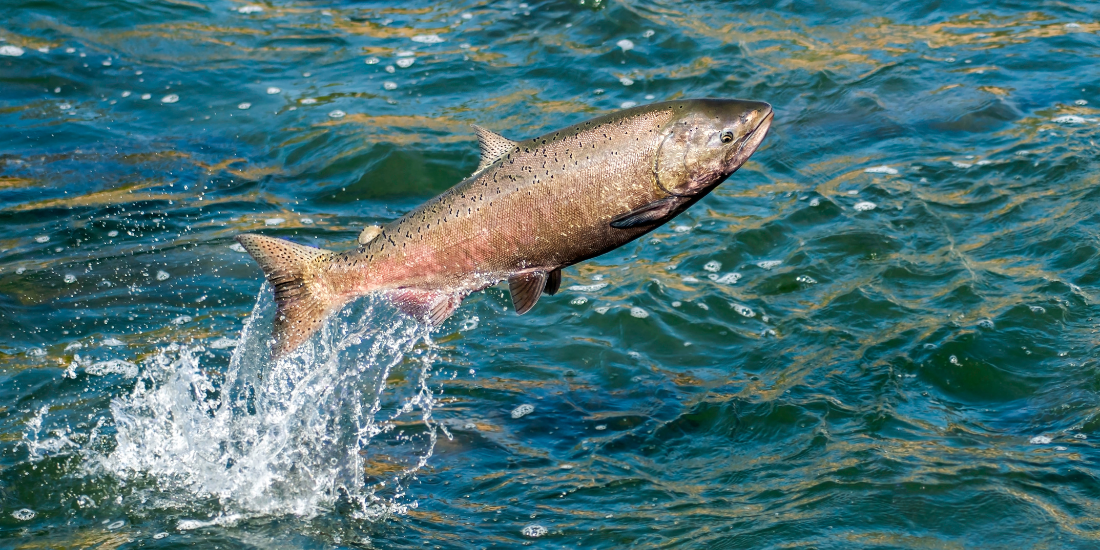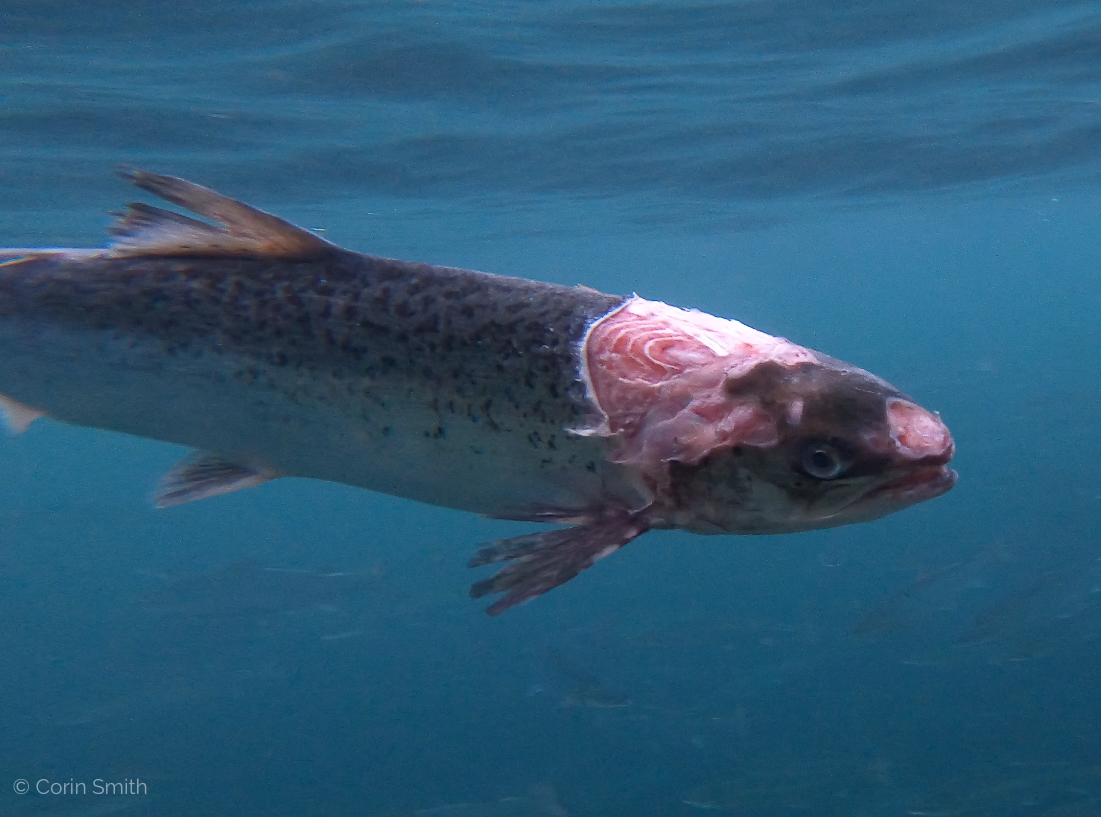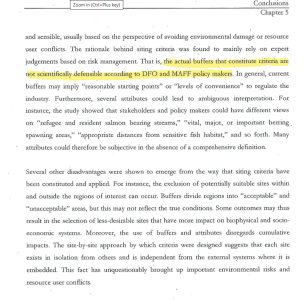Ya - speaking of absorbing and regurgitating speaking notes - this time from the BCSFA & Seawest snooze - I know it makes it easier to discount legit critiques by labelling any debate as only a 2-sided black and white PR war between the "antis" elite and the presumably non-antis disregarding of course the fact that the industry is comprised of multinational foreign corporations.
The debate is far from that even-sided in the published sciences tho - prob about +1000 published journal articles proving impacts from sea lice, from introduced diseases, etc.. It is also far from that in the real World with wild/cultured stock interactions. The debate is only on how severe those impacts are and how they happen. As the body of evidence builds it is becoming increasing difficult for industry pundits and the compromised people in DFO Aquaculture to ignore and obfuscate sharply contrasted with the acceptance and validation this independent science has been afforded in our own court system.
And there are literally hundreds of independent researchers working on wild-cultured stocks World-wide - not just the "evil" Alex. In BC alone there are at least a couple dozen including Alan Gottesfeld, Bart Proctor, Stephane Peacock, Corey Peet, Martin Krkošek, John Volpe, Brendan Connors, Michael Price, Stan Proboszcz, Neil Frazer, Emiliano Di Cicco, Brian Riddell, Larry Dill, Craig Orr, Kristi Miller-Saunders, Roger Dunlop, Sean Godwin, Andrew Bateman, Gideon Mordecai, the Kibenges, etc. If you aren't too afraid to learn - you can google them and their research. For those who are already driven to self-educate and stay on top of this topic - they should be already familiar names.
The anti label & polarization reminds me of the global warming false debate - and in fact some of the same PR firms were involved in that debate as well - Hill and Know Nothing has also been used by the ONP industry. A news release from the BCSFA and DFO and some prayer beads - and all is suddenly well again. Nothing to see here folks - move along.
No thanks SF. Not moving along. The basic technology remains the same wrt potential and realized impacts to adjacent wild stocks since the open net pens are still open. That should be a simple, practical explanation that should be easy to understand and absorb. Even for industry folks. Or there's the prayer beads...
The debate is far from that even-sided in the published sciences tho - prob about +1000 published journal articles proving impacts from sea lice, from introduced diseases, etc.. It is also far from that in the real World with wild/cultured stock interactions. The debate is only on how severe those impacts are and how they happen. As the body of evidence builds it is becoming increasing difficult for industry pundits and the compromised people in DFO Aquaculture to ignore and obfuscate sharply contrasted with the acceptance and validation this independent science has been afforded in our own court system.
And there are literally hundreds of independent researchers working on wild-cultured stocks World-wide - not just the "evil" Alex. In BC alone there are at least a couple dozen including Alan Gottesfeld, Bart Proctor, Stephane Peacock, Corey Peet, Martin Krkošek, John Volpe, Brendan Connors, Michael Price, Stan Proboszcz, Neil Frazer, Emiliano Di Cicco, Brian Riddell, Larry Dill, Craig Orr, Kristi Miller-Saunders, Roger Dunlop, Sean Godwin, Andrew Bateman, Gideon Mordecai, the Kibenges, etc. If you aren't too afraid to learn - you can google them and their research. For those who are already driven to self-educate and stay on top of this topic - they should be already familiar names.
The anti label & polarization reminds me of the global warming false debate - and in fact some of the same PR firms were involved in that debate as well - Hill and Know Nothing has also been used by the ONP industry. A news release from the BCSFA and DFO and some prayer beads - and all is suddenly well again. Nothing to see here folks - move along.
No thanks SF. Not moving along. The basic technology remains the same wrt potential and realized impacts to adjacent wild stocks since the open net pens are still open. That should be a simple, practical explanation that should be easy to understand and absorb. Even for industry folks. Or there's the prayer beads...
Last edited:





